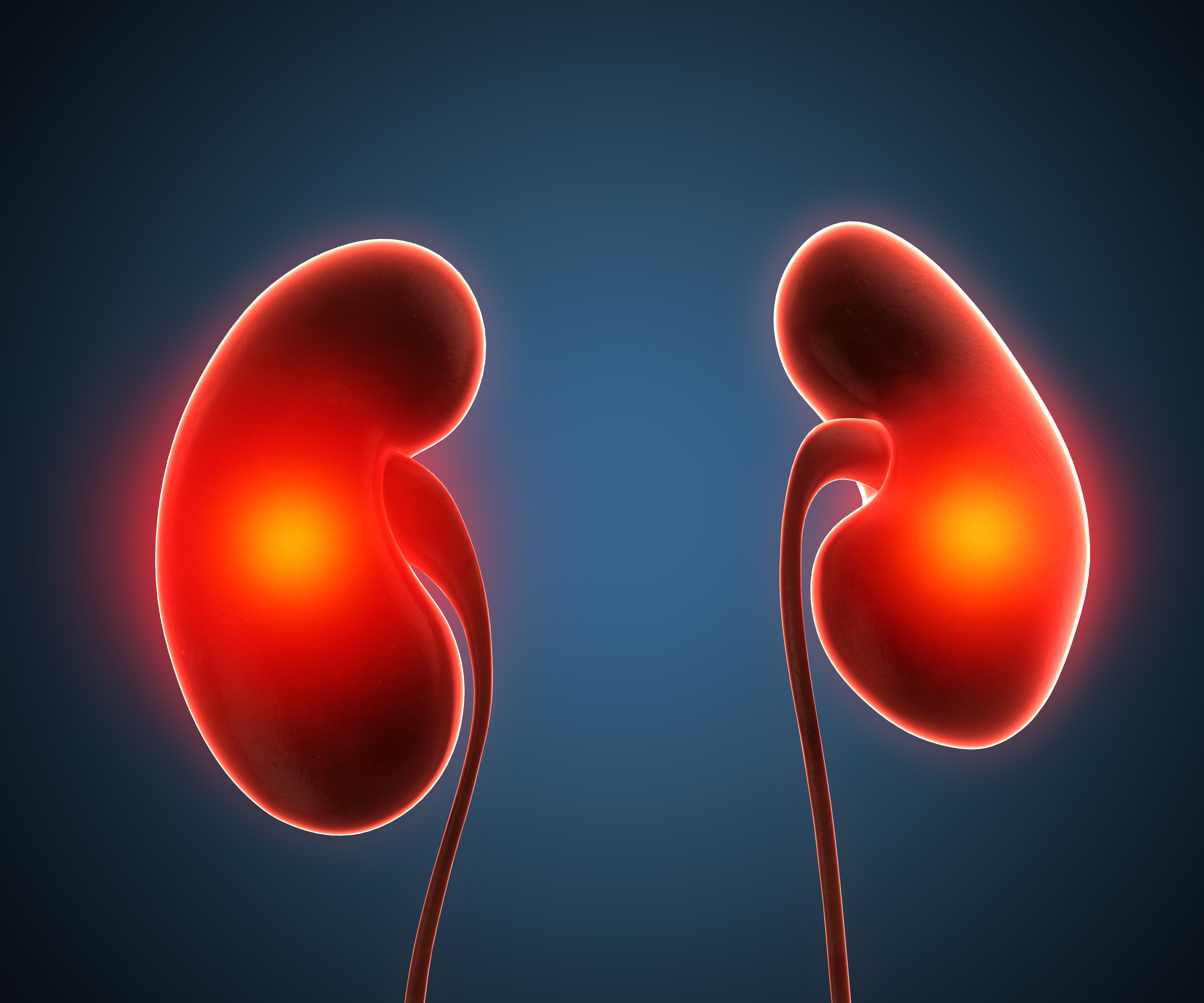News
Article
Upadacitinib Superior to Dupilumab, Placebo in Skin Clearance for Atopic Dermatitis
Author(s):
The results of this analysis can inform clinical decision-making conversations held between patients with eczema and their physicians.
Credit: Maui Derm

Upadacitinib treatment of individuals with moderate-to-severe atopic dermatitis led to higher skin clearance and minimal or no itch than those treated with a placebo and with dupilumab, according to recent findings.1
These findings were the conclusion of an analysis of the phase 3 Measure Up 1, Measure Up 2, and Heads Up clinical trials. This study was led by former Oregon Medical Research Center investigator Andrew Blauvelt, MD, MBA, of Blauvelt Consulting LLC.
Blauvelt et al. noted that while there is a variety of research on dupilumab and upadacitinib, data regarding such topics as response degrees, speed of onset, and maintenance of response seen by those with atopic dermatitis over time with these drugs remains largely untapped.
“Using data from the Measure Up 1, Measure Up 2, and Heads Up phase 3 clinical trials, we sought to evaluate the time patients spent with clear/almost clear skin and no/minimal itch while receiving upadacitinib compared with placebo or dupilumab,” Blauvelt and colleagues wrote.2,3
Trial Design
The research team analyzed the aforementioned studies, looking at adult patients in the age range of 18 - 75 with diagnoses of moderate-to-severe atopic dermatitis.
In Measure Up 1 and Measure Up 2, the trial design was parallel, multicenter, randomized, double-blind, and placebo-controlled, with the research team having assessed upadacitinib among both adults and adolescents in the age range of 12 - 75 with moderate-to-severe disease.
Measure Up 1 was carried out from August 2018 - December 2019, and the Measure Up 2 study was done from July 2018 - January 2020. In these studies, subjects were randomized by the investigators in a 1:1:1 ratio to be treated with either 15 mg or 30 mg of upadacitinib once-per-day or a placebo.
The Heads Up study was designed as a phase 3b multicenter, head-to-head, randomized, double-blind, double-dummy trial which took place from February 2019 - December 2020. These subjects had been randomly assigned in a 1:1 ratio to be provided with either 30 mg of oral upadacitinib once-per-day or 300 mg of subcutaneous dupilumab every 2 weeks.
Subjects’ skin clearance was assessed in Heads Up and Measure Up with the Eczema Area and Severity Index (EASI) at initiation, then at weeks 1, 2, 4, and every 4 weeks thereafter. This was done up to 52 weeks for Measure Up 1 and Measure Up 2.
These measures were continued up to 24 weeks in the Heads Up study. Participants’ levels of itch were evaluated each day through the Worst Pruritus Numeric Rating Scale (WP-NRS) for the initial 16 weeks, followed then by examinations at study visits on an every-2-week schedule to the 24-week mark in the Heads Up trial.
States of no or minimal itch were defined by the research team as a WP-NRS score of 0 or 1 among individuals shown to have a baseline WP-NRS score over 1 as well as an improved itch state that was defined as a 4 or more point reduction from the point of baseline among subjects with an initial WP-NRS score of 4 or more.
The cumulative number of days and the proportion of time each patient spent in these response states were evaluated. Skin clearance was determined based on EASI improvements from baseline of 100%, 90%, 75%, or 50% (referred to as EASI 100, EASI 90, EASI 75, and EASI 50, respectively). An EASI score of 90-100 indicated a significant clinical response, suggesting skin that was nearly clear to completely clear.
Main Findings
The investigators reported that 1683 individuals were included in the Measure Up 1 and 2 studies and there were 673 featured in the Heads Up study. Over the course of 16 weeks in Measure Up 1 and 2, it was found that those treated with upadacitinib reported 9.8 to 13.4 times more days with an EASI 90 response and 7.0 to 10.3 times more days with a WP-NRS 0/1 response versus the placebo cohort.
Those given upadacitinib in Heads Up were found by the team to have twice as many days with an EASI 90 response at the 16-week mark, in addition to 1.7 times as many days at the 24-week mark versus those given dupilumab. The research team also found that in the same timeframe, those given upadacitinib were noted as having 3.0 and 2.6 times as many days, respectively, in which a WP-NRS 0/1 response was noted versus subjects treated with dupilumab.
The team additionally commented on some of their analyses potential limitations, given the design of these studies.
“Findings were evaluated over relatively short periods (16 and 24 weeks),” they wrote. “Upadacitinib and dupilumab were each evaluated as a monotherapy; however, in real-world practice, systemic and topical treatments are often combined. Although the study collected EASI data at specific weekly timepoints, this analysis was conducted on a scale of days.”
References
- Blauvelt A, Eyerich K, Irvine AD, et al. More Time Spent with Clear Skin and No Itch with Upadacitinib versus Dupilumab for Atopic Dermatitis. Dermatol Ther (Heidelb) (2024). https://doi.org/10.1007/s13555-024-01242-9.
- Reich K, de Bruin-Weller MS, Deleuran M, Calimlim BM, Chen N, Hu X, et al. Higher levels of response on clinical atopic dermatitis severity measures are associated with meaningful improvements in patient-reported symptom and quality of life measures: integrated analysis of three upadacitinib phase 3 trials. J Eur Acad Dermatol Venereol. 2023;37:1634–41.
- Blauvelt A, Teixeira HD, Simpson EL, Costanzo A, De Bruin-Weller M, Barbarot S, et al. Efficacy and safety of upadacitinib vs dupilumab in adults with moderate-to-severe atopic dermatitis: a randomized clinical trial. JAMA Dermatol. 2021;157(9):1047–55.





